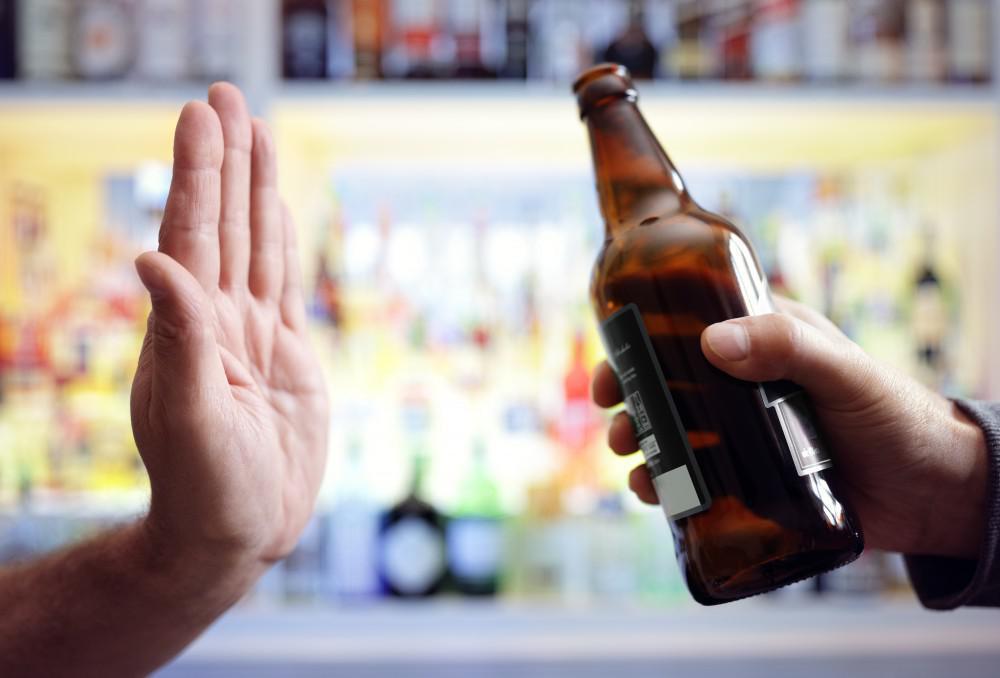
5 Tips for Staying Sober
You’ve done the work to become clean and sober, and you want to do what you can to stay that way. Here are five great tips that will help you safeguard your freedom from a substance use disorder.

If you’ve been struggling with a substance use disorder, you may be longing for the day when you can take back control of your life and your happiness. While everyone’s road to recovery is unique, the one tool that everyone can use is ongoing expert support, because recovery doesn’t happen overnight.
At Northview Wellness, our team of addiction specialists provides the services and recovery support you need through every stage of your journey; from the initial detox to building a strong foundation in sobriety. Whether this is your first attempt at sobriety or you are coming off a relapse, we are invested in your recovery. Here’s a look at the many ways we support your efforts.
There are many hurdles to getting sober. It starts with detoxing. Thanks to our outpatient detox program, or an inpatient detox program that we may recommend, we can help you to simplify this period.
Once we know you’re free and clear of the physical dependence you may have developed during your substance use, the real work begins in earnest — maintaining your sobriety by preventing relapse.
After we’ve tackled the physical dependency, our next step is to address your addiction. When you develop a substance use disorder, your brain rewires itself and creates new neural pathways that support using. Those uncontrollable urges that led you to drink or use every time you vowed you would quit are a prime example of this new wiring in your brain — and they can be quite powerful.
The goal of our recovery support services is to turn these uncontrollable urges into ones that you can control, and to eventually eliminate them altogether.
As we mentioned, no two recoveries are alike, so our first step is to fully evaluate your needs and provide you with the resources you need to move forward.
These resources may include:
The work we do to break the bonds of your addiction in early recovery is designed to support your physical, mental, and emotional health, giving you every chance for long-term success.
The fact is that many of our patients arrive at a substance use disorder because of unaddressed issues such as trauma or anxiety, so the counseling we provide is crucial.
During your recovery care, we monitor you closely and listen to your concerns so that we can address problems as they arise to ensure you stay on track. If you would like comprehensive and compassionate care during your recovery, please contact our office by phone or email to set up a confidential consultation. You can even make the appointment with our booking tool while you’re here on the website.

You’ve done the work to become clean and sober, and you want to do what you can to stay that way. Here are five great tips that will help you safeguard your freedom from a substance use disorder.

The connection between a substance use disorder and a mental health issue is a strong one, as the nearly eight million Americans who have a co-morbidity prove. When this occurs, treating both issues is paramount.

Addiction is a chronic disease that requires constant vigilance and good management. When a person falls short, relapse can occur. If you’re worried that a loved one has relapsed, here are some signs to look out for.

You believe that you’re drinking isn’t normal anymore, and you’re tired of the overwhelmingly negative effects that alcohol is having on your life. The good news is that alcoholism is highly treatable.

The rise in availability of telehealth services has been great news for those who need (or would prefer) to receive quality health care from the comfort of their own homes. These services also extend to substance use disorders.

Whether you’ve tried to break your opioid addiction before or this is your first attempt, why not greatly increase your chances of success with Sublocade®? Here’s a look at how Sublocade can ease your recovery journey.